
Culture
11:29, 05-Mar-2018
Spring in China sees the ‘Awakening of the Insects’
By Ai Yan
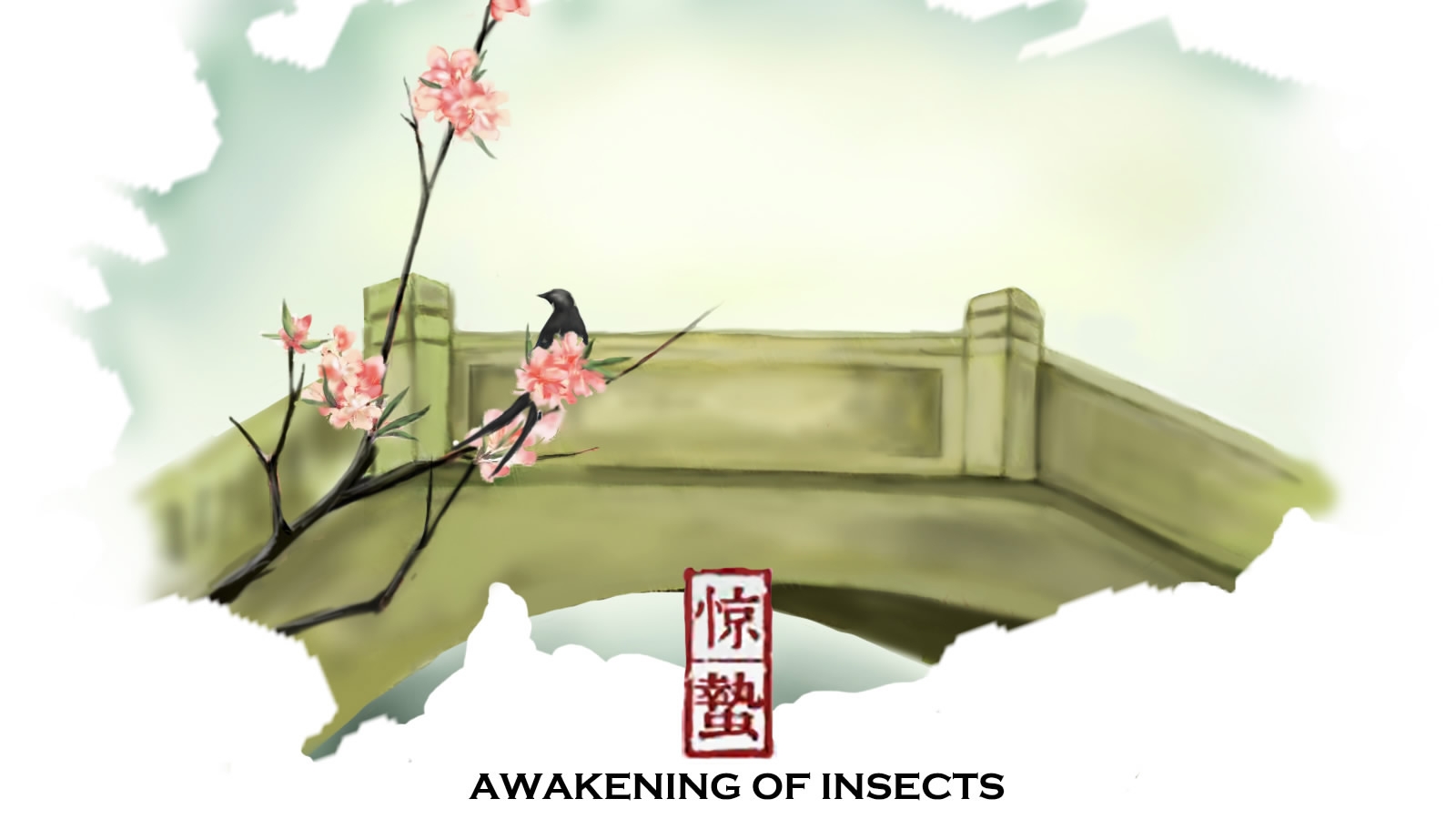
The beginning of March brings some funny weather to China as temperatures rise and rainfall is accompanied by thunder. Welcome to a season known as Jingzhe, or the “Awakening of the Insects.”
Falling usually on March 5, it is one of the 24 solar terms in the Chinese lunar calendar, which used to instruct ancient Chinese people’s daily lives and farming.
The Chinese classics recorded a time when spring thunder revived insects that had been hibernating for the winter. They rise up from the earth, and plenty of other creatures also put in their first appearance of the year. Soon, peach blossoms will be in full bloom while orioles will sing from tree branches.

CGTN Photo
CGTN Photo
A season for spring plowing
Chinese farmers attach great importance to Jingzhe, since it kicks off spring plowing, one of the busiest times in the farmlands. With insects buzzing, it is time to protect the crops from these pests. Poultry and livestock also need to be protected from diseases.
Spring is considered the most precious time of the year for agriculture. At the beginning of the year, farmers till the soil, giving crops the best possible environment and more nutrition.
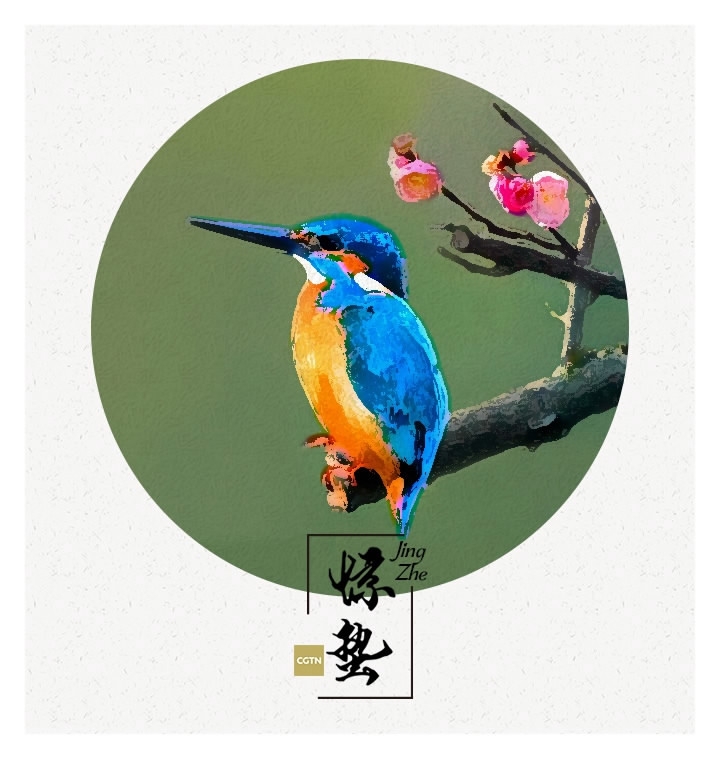
CGTN Photo
CGTN Photo
In the north, irrigation needs to be timely while in the south, it is almost time to plant rice and corn. However, farmers also need to keep an eye on the temperature, which is quite unstable as cold and warm waves overlap.
Take a bite of the pears
The origins of this tradition are unclear, but eating pears is a big part of Jingzhe. It is thought to be healthy in the changing climate.
The Chinese have various ways of preparing pears, even it is easiest to just take a bite of the fresh, crisp fruit. They can be made into juice, baked, steamed with Chinese wolfberries and crystal sugar, or boiled.
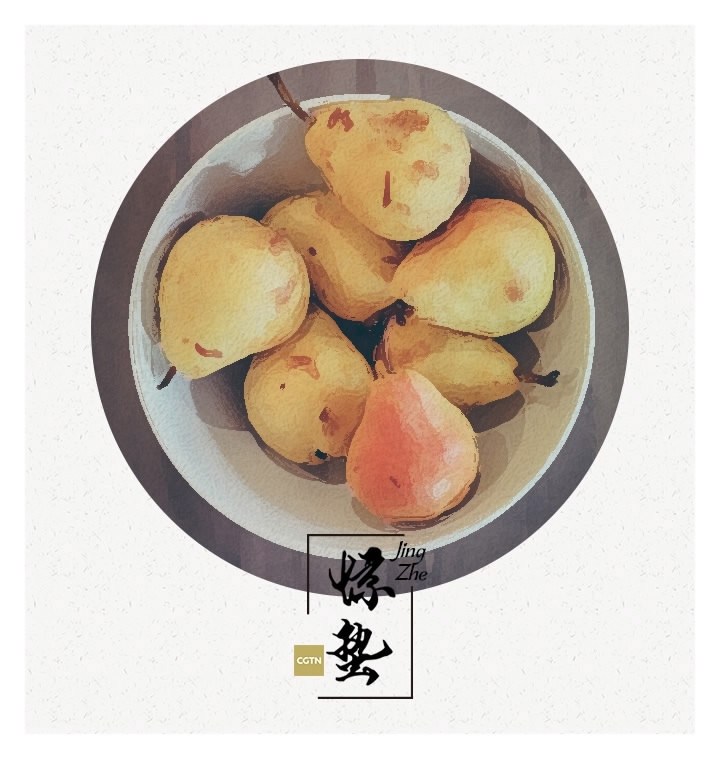
CGTN Photo
CGTN Photo
Other culinary traditions vary regionally. For instance, in the northwest, people eat fried beans while in some areas of Shandong Province, pancakes are the preferred food.
Walk more and read more
As the weather warms up, it is also time to stretch the body and get some exercise. After a long period of confinement during the winter, a little bit of fresh air is desirable for many.
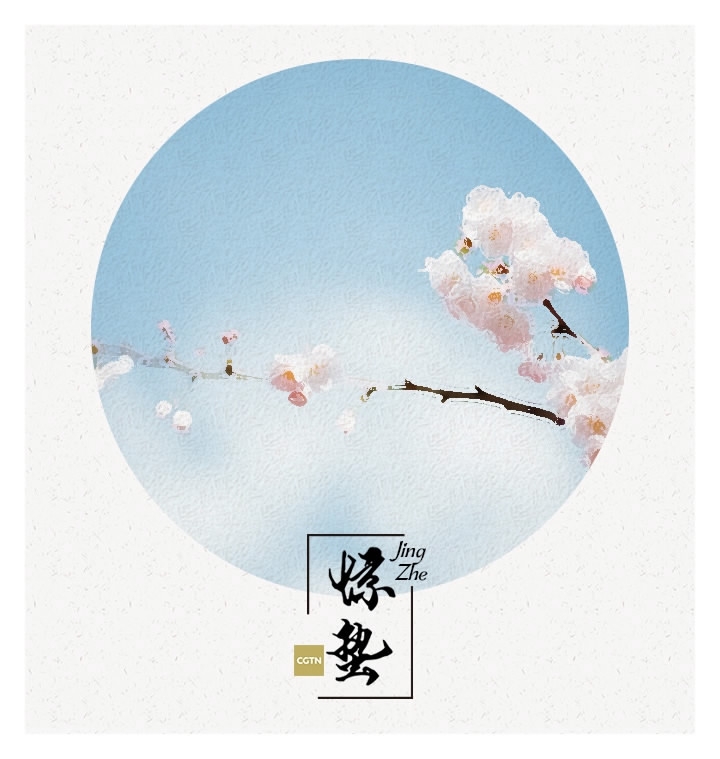
CGTN Photo
CGTN Photo
In the southern areas, many flowers, including plum blossoms, rapeseed and magnolias are already in full bloom, ready to welcome admirers. The northerners won’t need to wait for long.
It is also an inspiring time for people’s imagination and creativity. In the Chinese history of literature, quite a number of poems and essays have been dedicated to the Jingzhe solar term. Spring thunder, blossoming, and farming have all featured in celebrated works.
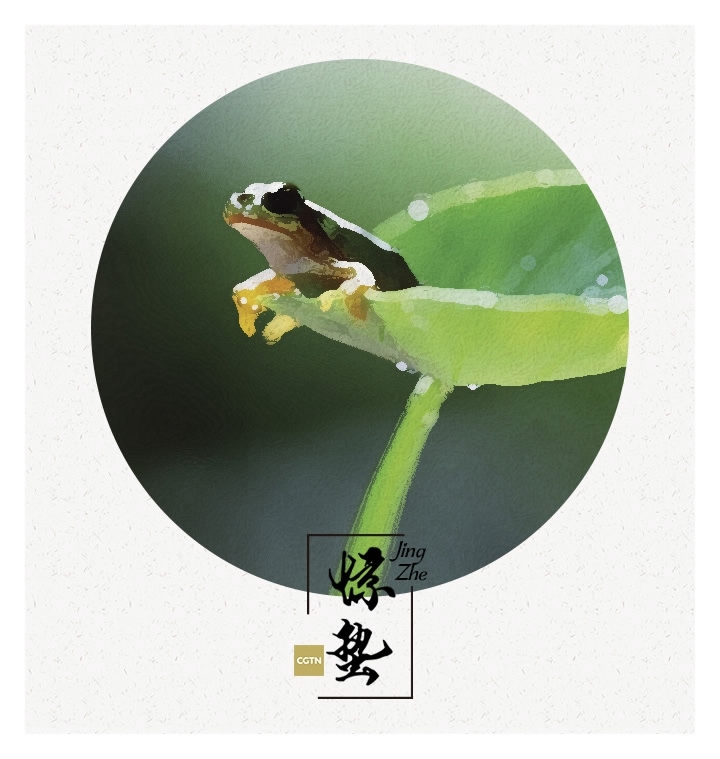
CGTN Photo
CGTN Photo
Even though people now are not so capable of writing such purple prose as their ancestors, it is still a great time to read a few of their masterpieces.
“It’s the best time of a year late spring tries in vain, with its capital veiled in willows to outvie,” exclaimed Tang Dynasty poet Han Yu in an ode to the season.
Head image by Ma Xiaonan

SITEMAP
Copyright © 2018 CGTN. Beijing ICP prepared NO.16065310-3
Copyright © 2018 CGTN. Beijing ICP prepared NO.16065310-3